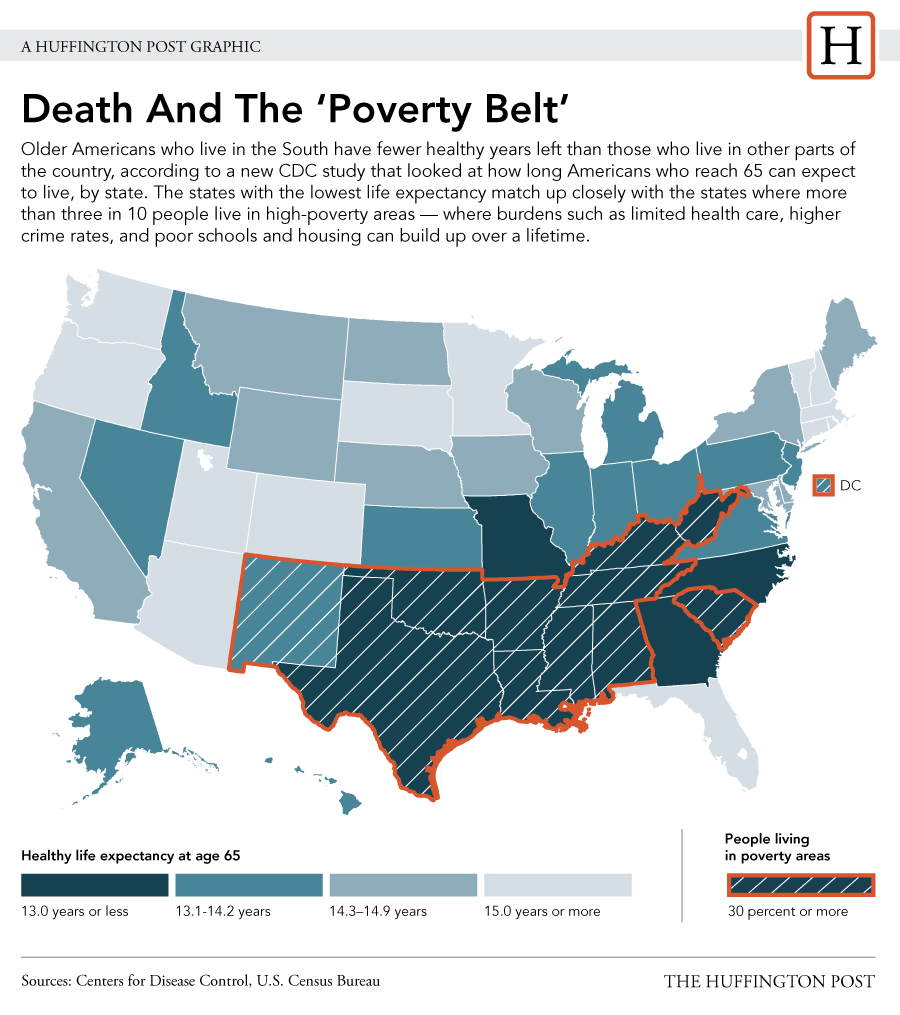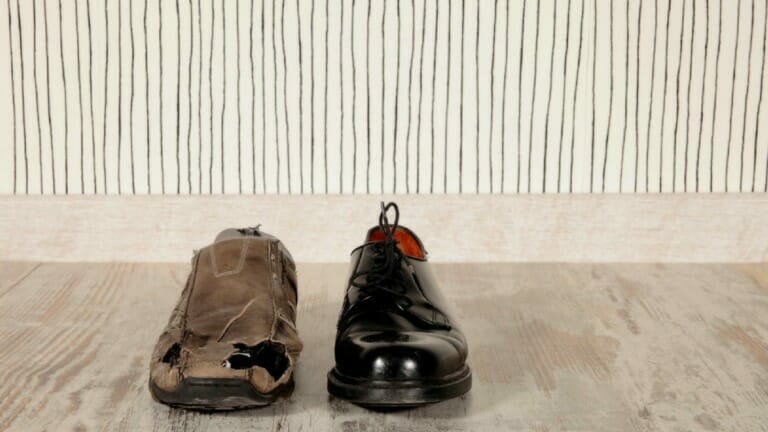The word wealthy is like the word happy; it means something different to everyone. What is wealth? The definition of wealth is personal. What it really means to be wealthy is entirely up to you.
To some people, wealth is always going to mean money, but we can’t all be wealthy in that way. There are so many other ways to be wealthy because there are so many definitions of wealth.
What is the Definition of Wealth?
Even if we think of wealth regarding dollars or money spent, it’s not straightforward. For some peo,ple life’s little luxuries make them feel wealthy.
Life’s little luxuries matter, but they are called “luxuries” for a reason. For example, having meals out or food delivered made 41 percent of people feel “wealthy” daily. Even services such as Netflix, Spotify, or Amazon Prime made life feel richer for an overall 33 percent—particularly for millennials, at 44 percent, compared with 29 percent and 23 percent for Generation X and baby boomers, respectively.
Write-in comments for what made people feel “wealthy” included “access to healthcare,” “being able to help close friends and family financially,” and “just waking up in the morning.” Of course, only one of those doesn’t require money—sort of.
Of course, you need money to eat out or to have Amazon Prime but not a “rich” amount. So by this definition, it’s not having a lot of money but something else that people consider a luxury. Can you see what it is? If not, we’re going to cover it a bit later.
How Much Do You Need to Become Wealthy In Dollars?
Charles Schwab conducted a Modern Wealth Index Survey. According to the results, the amount needed to be comfortable in America is $1.4 millioYou’ll‘ll need a net worth of $2.4 mill to be wealthyion.
How much do you need ly to breathe rarified air and be in the top 1%? The average tax yearly salary is $389,436, but the number varies by stateFor example, inIn New Mexico, you only need to earn $231,,; in in New Jersey, say you’ll need $547,737.
Unsure where you stand? Empower has a suite of free tools for tracking your net worth.
Personal Capital is Now Empower - Track your entire portfolio for free.
All your accounts in one place
- Plan for retirement
- Monitor your investments
- Uncover hidden fees
Time
Time is the great equalizer, rich or poor; we all have the same 24-hour day.
But there is a cheat code for having more time. You can use the money to buy more.
That’s what I think people meant when they listed things like being able to go out to dinner or buy Amazon Prime as markers of wealth.
Wealth is measured in time, not dollars.
Tweet ThisThose things don’t save money (although if you use Seated when you go out to dinner and buy certain things with Prime, you can), they save time. When you eat out, you don’t have to decide what to cook, shop for the ingredients, cook, and clean it all up.
When you order things on Amazon Prime, you don’t have to drive or walk to the store, find what you need, wait in line to pay for it and drive or walk home.
If you can carve out more time for yourself, you can use it in lots of ways that will improve your life. You can start a side hustle, exercise, cook, read, or spend time with your family and friends.
And you can carve out more. I’ve used stat this before, and I’m going to keep using it until the number goes down.
Americans spend five damn hours a day watching TV. There’s your extra time! Do something better with it which is pretty much anything apart from kicking puppies or robbing bodegas.
Education
By 2020, 65% of all jobs in the economy will require postsecondary education and training beyond a high school diploma. But colleges are graduating many fewer students who grew up in poor households.
College used to be a nearly guaranteed path to the middle class, but with the cost of a college education well out of the reach of many people, that path has been cut off.
When American households are organized into four income groups, 24-year-olds from the top two groups accounted for 77 percent of the bachelor’s degrees awarded in 2014. In 1970, that figure was 72 percent, suggesting that growing up in a wealthier household matters even more now in completing a degree than it did four decades ago.
Graduates who hailed from households with incomes of at least $116,000—the top quarter—represented more than half of all the degrees awarded in 2014 among 24-year-olds. Students from households that earned less than $35,000—the lowest quarter—represented just 10 percent of all the degrees awarded.
A college degree has increasingly become something only available to the wealthy. The rest of us have to take out student loans which is its own problem. There is $1.4 trillion in outstanding student loan debt, and those crippling loans make it even harder to amass wealth.
A Job
Some people see wealth in terms of prestige rather than dollars. Which job is seen as more prestigious, marriage therapist or elevator installer?
Well, of course, marriage therapist. They went to college, sit in a nice office, and wear a suit.
But the median salary for a marriage therapist is $53,520. For an elevator installer, it’s $68,792. The therapist needs a Master’s or even a Doctorate. That requires years of education and the cost that comes with it, potentially hundreds of thousands of dollars.
An elevator installer drives a truck and carries a toolbox and wears overalls and gets dirty. But this job requires a high school degree (free) and a five-year apprenticeship which is a mix of classroom learning and on the job training which is paid.
The problem is that the notion that going to college is of utmost importance has been drilled into our heads for so long. People not suited to college or even interested in going, have been going and taking out loans to do it.
But less than half of those who start college finish.
They don’t end up with a degree, but they do end up with student loan debt. Many of those people would have been infinitely more suited to going into a trade, and they would have employers beating down their doors.
70% of construction companies are having trouble filling jobs, and when politicians stop bickering over infrastructure and start fixing it, there will be 68% more job openings in related fields in the next five years than there are people training to fill them.
As robots take over more and more white collar jobs, parents who want the best for their children would be wise to send them to trade school rather than college.
Things
When it comes to rich vs. wealthy, maybe nothing is more indicative of the difference than things. This is Warren Buffett’s house. It’s worth .001% of his total wealth. Remember, housing should be no more than 30% of your income, so WB is doing okay!
He bought the house in Omaha, Nebraska for $31,500 (location, location, location) in 1958 which is about a quarter of a million in today’s money.
The house is now worth an estimated $652,619.
Now think of your pharma sales brother in law and his McMansion. You know how much he makes because your sister told you. You also have a pretty good idea of how much he spends because it’s all he talks about and all over his Instagram.
Your brother in law is rich; Warren Buffett is wealthy. Can you see the difference? Wealthy people don’t flaunt their money, they save and invest it.
This is our guide to budgeting simply and effectively. We walk you through exactly how to use Mint, what your budget should be, and how to monitor your spending automatically.
Wealth Inequality
Wealth inequality is different than income inequality and is actually worse. This chart illustrates wealth inequality in the U.S.
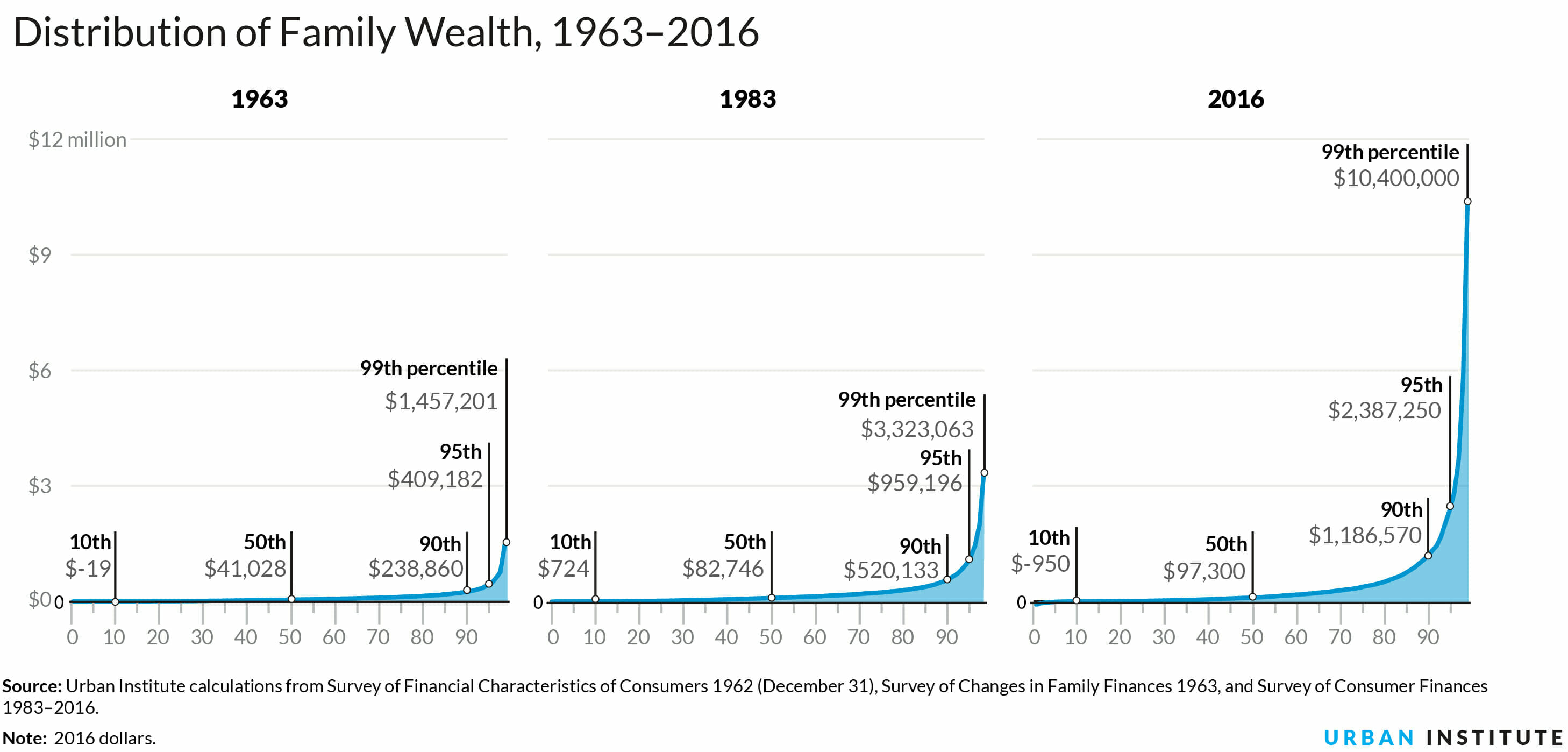
In 1963, families toward the top had $6 for every $1 of families in the middle. By 2016, it was $12 to $1. Here’s another fun fact!
The billionaires who make up the Forbes 400 list of richest Americans now have as much wealth as all African-American households, plus one-third of America’s Latino population, combined. In other words, just 400 extremely wealthy individuals have as much wealth as 16 million African-American households and 5 million Latino households.
The average number quoted earlier needed to put you in the 1% is just enough to get you through the door. The average income of the 1% nationwide is actually $1.15 million. Well, so what? You don’t aspire to be in the 1%. You just want to have a comfortable life.
That’s increasingly out of reach too. If you earn the minimum wage, you can’t afford a two-bedroom apartment anywhere in this country, not the hood, boondocks, or nowhere.
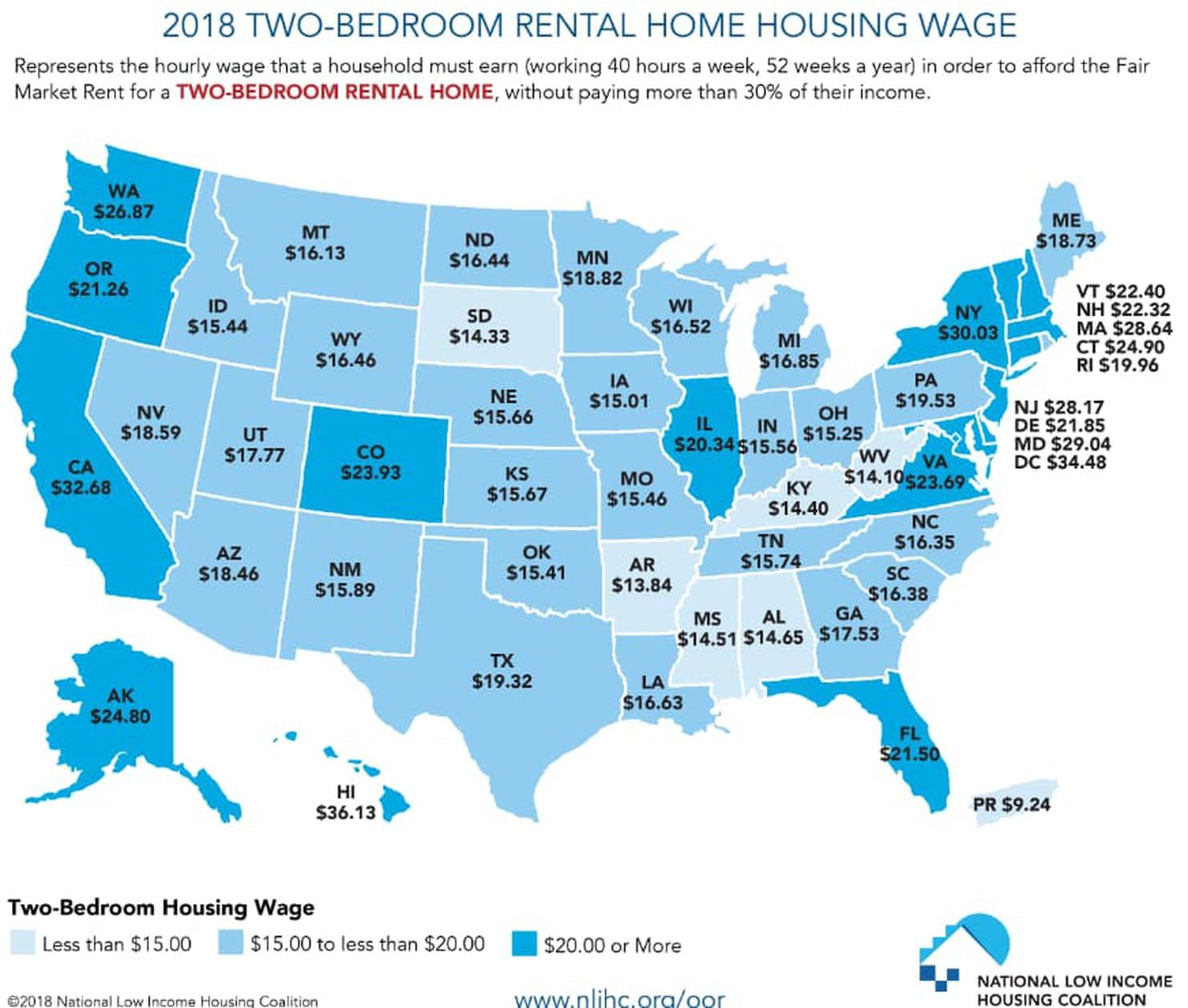
What is responsible for this?
Income inequality is a big part of it and something I wrote a separate article about. Outsourcing well-paying manufacturing jobs, tax policies designed for the benefit of investors rather than low wage earners, the technology that has eliminated jobs.
The absolute refusal to raise the federal minimum wage, which is a princely $7.25 an hour, hasn’t changed in nearly ten years.
If a state, city or county has a higher minimum, employers must pay it, but only 29 states and DC have a minimum.
There is literally nothing I would do for $7.25 an hour.
I wouldn’t pet puppies or taste test caviar for that kind of money. No matter how little education or skills you have, if a job is worth paying another person to do it, that person’s time and labor are worth more than that insulting pittance.
Being Poor is Easier To Hide
Another thing that helps fuel the inequality is how easy it is to hide the fact that you’re poor now compared to the past, from yourself and everyone else.
Homeless people aside, it’s pretty easy not to “look poor.”
Even very poor people in America have running water to shower in, clothes and shoes that aren’t falling apart thanks to places like thrift stores and Walmart (Walmart has done more than it’s fair share to fuel this inequality though), and a place to sleep at night.
While some Americans are food insecure, we don’t have people starving in the streets and while being poor means you have more chronic illness and a shorter life span (a mortality gap to add to our growing list of gaps), America’s poor aren’t dying in droves from things like yellow fever or cholera.
And if you have access to credit, it might mean you’re poor because you’re in debt and live paycheck to paycheck but when you can use those shiny cards to buy the same things rich people have, iPhones, big TV’s, and vacations, you don’t really feel poor even if you are.
When people can hide being poor from themselves they don’t demand change and when their fellow citizens don’t see this great inequality on a daily basis, they don’t demand it either.
What Money Can Buy
Money can buy happiness. It takes less than you think to be happy and it depends on what you buy. You need to earn more than $300,000 per year to crack the 1% but no one said they’re all happy. The agreed upon the number you need to earn to be happy is actually a lot less.
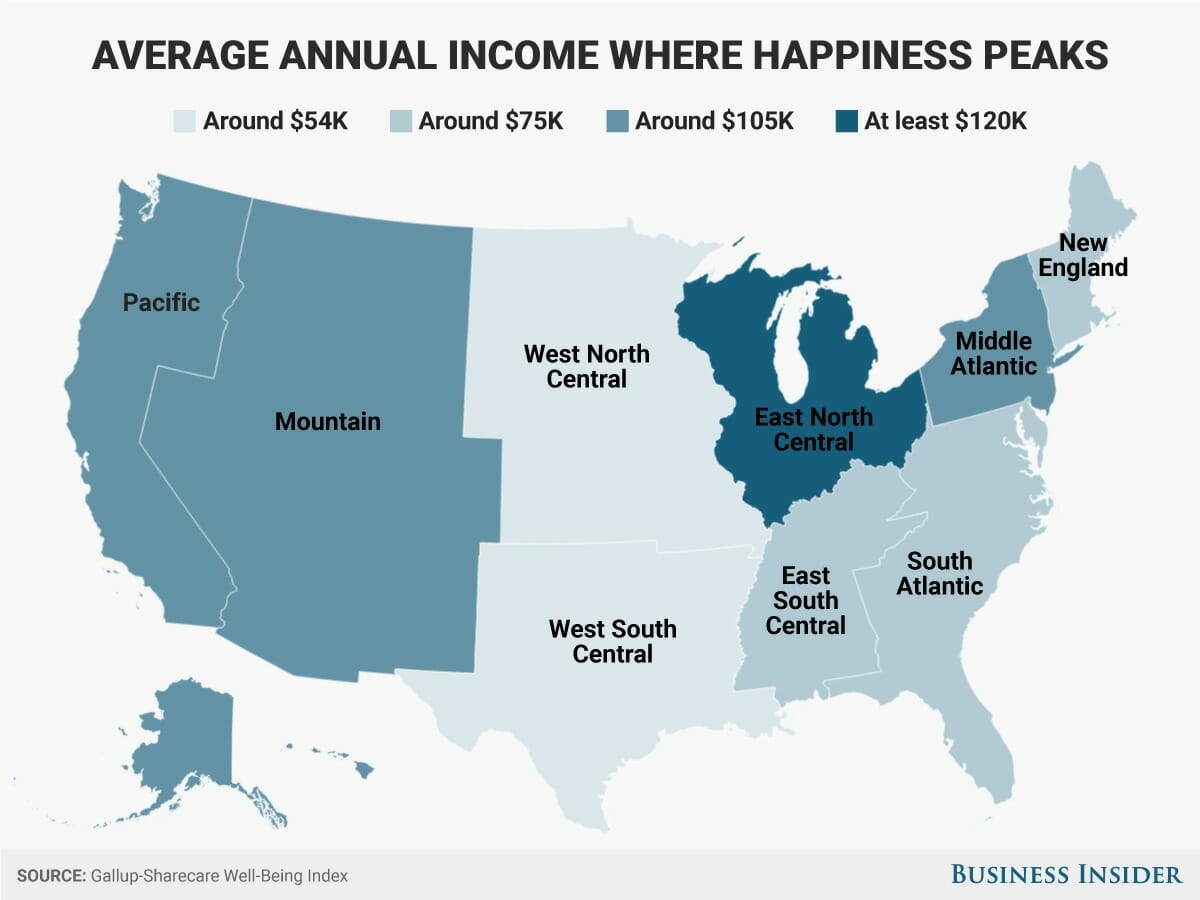
It takes between just $60,000-$75,000 for emotional well being and day to day happiness.
Earning more than that can make you unhappy.
Earning more means you have more demands on you, more hours spent at work with more responsibility and that means you have less time doing things you enjoy.
What you buy matters too and we’ve written about this in the past. We are happier when we use our money to buy experiences rather than things and when we use our money to help others. So the next time you feel down, don’t buy yourself a new pair of shoes. Buy concert tickets or donate to a charity instead.
But You Don’t Have To Have Money To Be Happy
Every so often a list comes out naming the happiest places in America. In 2014, four cities in my adopted state of Louisiana were on the list.
This is proof positive that you don’t need money to make you happy because Louisiana is consistently ranked at the bottom on lists of the poorest states; currently, we’re sitting at 49, thanks, Mississippi!
Why is this?
I can give you some insight as to why one of them, Lafayette, was on that list. My boyfriend went to college there and this is what he told me when I mentioned the study to him, keep in mind that Lafayette is in the heart of Acadiana, which you may know better as Cajun country, “Cajuns like to eat, drink, dance, and fuck.”
Having spent time there, I don’t disagree. The food is delicious; think gumbo, jambalaya, and boudin.
You can drink in public, which I know makes some Puritans clutch their pearls with visions of hellfire and anarchy dancing in their stupid little heads. Still, I assure you, the vast majority of people here do it responsibly and it does make things like fairs and festivals more fun.
The go cup is something that the rest of the country should embrace. If they want to be as happy as we are down here anyway.
Dancing in Lafayette means Zydeco; if you haven’t done it, you simply don’t know what you’re missing. Dancing Zydeco in Lafayette is one of the most fun things I have ever done. There is just such a joyousness to it, I can’t explain it, but dearly wish you all will experience it one day.
As for that last one, I’ll leave it to your imagination and say the boyfriend picked up a few tips from the Cajuns while he was among them.
And all of these things come together like the perfect gumbo or Shakespearean sonnet at a crawfish boil. People in Lafayette aren’t rich but know what it means to be wealthy. We can learn something from them.


